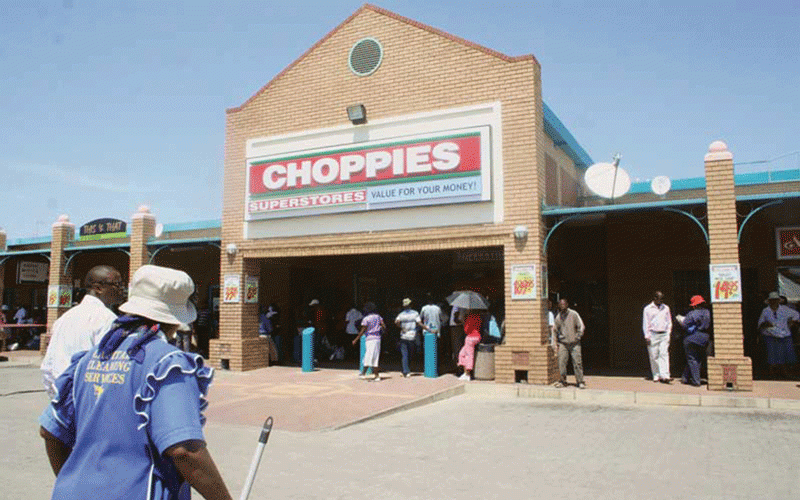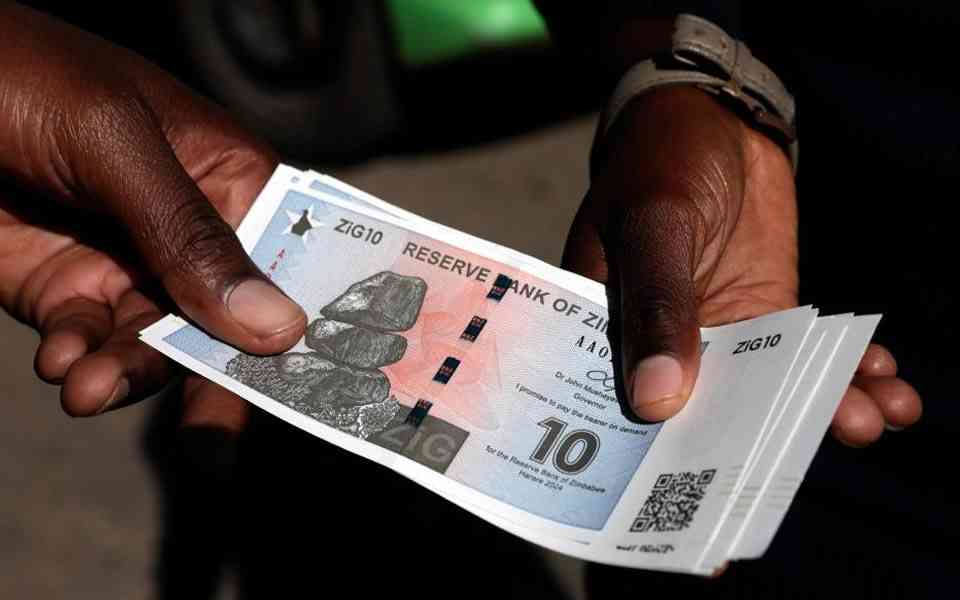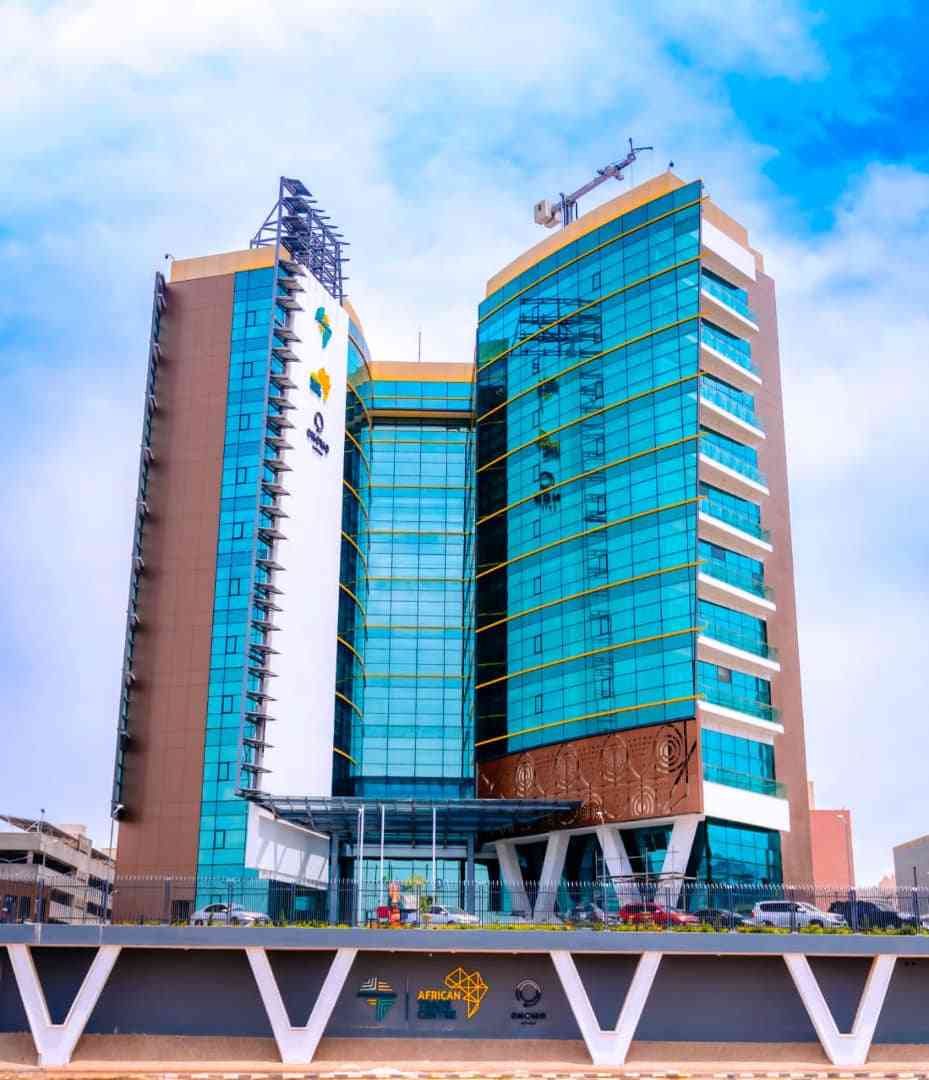
AS reported elsewhere in this edition, South African giant Pick n Pay Group Limited has impaired its investment in TM Supermarkets (Pvt) Limited to zero, citing mounting losses due to Zimbabwe's deteriorating economic climate.
In essence, this means that financial challenges have effectively rendered the retailer's stake in Zimbabwe valueless, marking the extent of the country’s economic upheaval on formal retail.
Pick n Pay operates in Zimbabwe through a 49% stake in TM, Meikles Limited's retail subsidiary. The local market is so volatile that Botswana retailer Choppies Enterprise Limited is considering exiting Zimbabwe. Choppies, with a 100% stake in Nanavac Investments (Pvt) Limited, announced in its 2024 annual report that Zimbabwe's operating environment was “challenging”.
The retailer noted that the new ZiG currency, which replaced the Zimbabwean dollar, has failed to stabilise the economy, resulting in declining performance for its Zimbabwean operations.
Locally, Choppies has 30 stores, employing 1 051 people, who risk losing their jobs if the retailer exits. TM Pick n Pay operates 74 retail outlets nationwide, employing thousands.
Food World Supermarket recently closed its Eastgate branch in Harare permanently, citing microeconomic challenges. This follows closures of Nehanda, Julius Nyerere, and Angwa (Joina City) branches over two years. They were converted into malls.
Haefelis, a popular restaurant, shut down its Chisipite branch, forcing Simbisa Brands to lay off employees in a country with a high unemployment rate. Zimbabwe's economic challenges — hyperinflation, currency fluctuations, and instability — severely impact formal retailers, reduce consumer spending and retail income. Consumers seek cheaper alternatives in the informal sector, which are smuggled goods into the country.
We urge the government to address challenges affecting formal players as a matter of urgency. These players employ thousands and contribute significantly to the fiscus through taxes.
- Game changer: Joina City to become a 24hr mall
- Retailers cry for help
- All set for premiere of Dunamis
- Mandishora takes Dunamis around urban, rural Zim
Keep Reading
Ignoring these red flags would be folly. We cannot afford to lose more formal players due to a volatile economic environment characterised by high inflation, unstable exchange rates, power cuts, and currency depreciation. These challenges can be solved with political will and visionary leadership.
They are not cast in the stone. If unaddressed, Zimbabwe risks being dominated by small, informal shops (tuck shops) that do not contribute to the fiscus. The end results will be disastrous!
To revive the economy, policymakers must implement structural reforms, promote investment, and enhance economic stability. This includes addressing currency fluctuations, improving infrastructure, and combating corruption. Encouraging local production and curbing smuggling will also help. By supporting formal retailers, the government can safeguard jobs, stimulate economic growth, and increase tax revenue.
Furthermore, collaboration between the public and private sectors is crucial. Initiatives like tax incentives, training programmes, and infrastructure development will help formal retailers thrive.
Zimbabwe's economic revival depends on collective effort and proactive policy-making. Therefore, all relevant government ministries and departments should heed this call and roll up their sleeves. The time to act is now.











